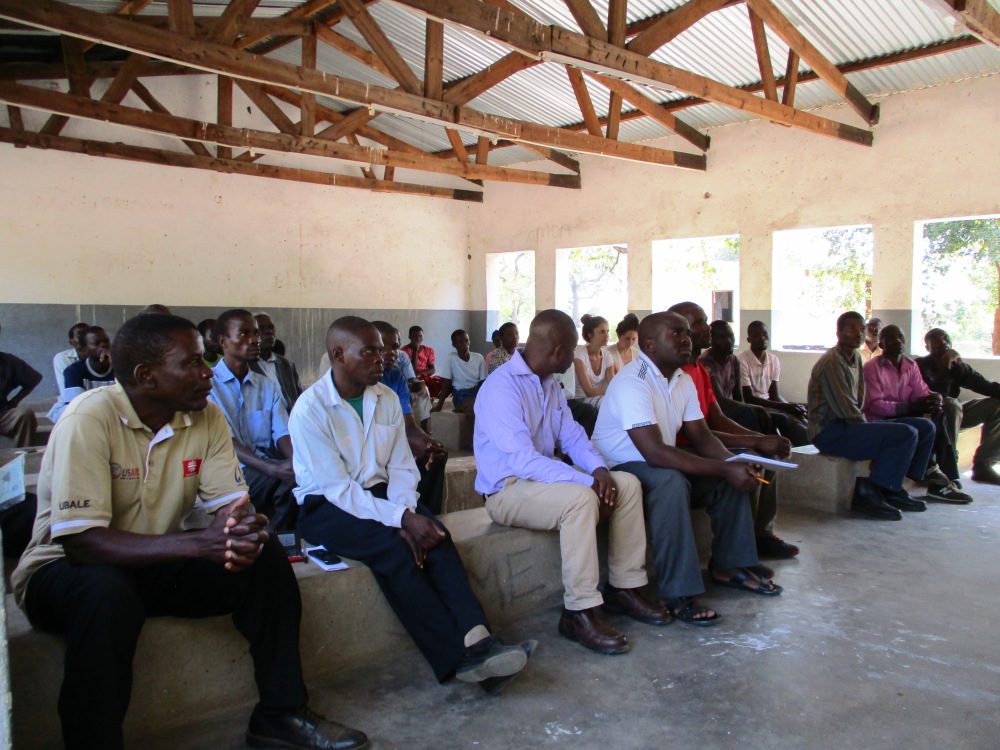Health promotion
Health promotion is defined as a process of enabling people to increase control over their health and its determinants.
The primary means of health promotion occur through developing healthy public policy that addresses the prerequisites of health such as income, housing, food security, employment, education, and quality working conditions. More recent work has used the term Health in All Policies to refer to the actions to incorporate health into all public policies.
This idea is put into practice using participatory approaches; individuals, organizations, communities, and institutions working together to create conditions that assure health and well-being for all. In its simplest terms, health promotion fosters changes in the environment that help promote and protect health. These include changes in communities and systems—for instance, programs that assure access to health services or policies that arrange for public parks for physical activity and spending time with others. Health promotion involves a particular way of working together. It is population-based, participatory, intersectoral, sensitive to context, and multi-level.
Health promotion is the process of enabling people to improve their health through improving control of modifiable risk factors. Health promotion goes far beyond health care. It increases health awareness for the public and policymakers in all sectors and directs them to be aware of potential health consequences of personal choices.
Health promotion enables people to reach a state of complete physical, mental and social wellbeing. Health is, therefore, seen as a resource for everyday life, not the objective of living. Health is a positive concept emphasizing social and personal resources, as well as physical capacities.
Everyday living requires home and work environments to be safe, stimulating, satisfying and enjoyable. This concept needs to be assisted in school, home, work and community settings. Action is required through educational, professional, commercial and voluntary bodies, and within the institutions themselves.
Inequalities in health are rooted in inequities in society. Millions of people in Africa are living in extreme poverty and deprivation in an increasingly degraded environment in both urban and rural areas.
Health is both a fundamental human right and a sound social investment. Closing the health gap between socially and educationally disadvantaged people and more advantaged people requires policies that will improve access to health-enhancing goods and services, and create supportive environments.


